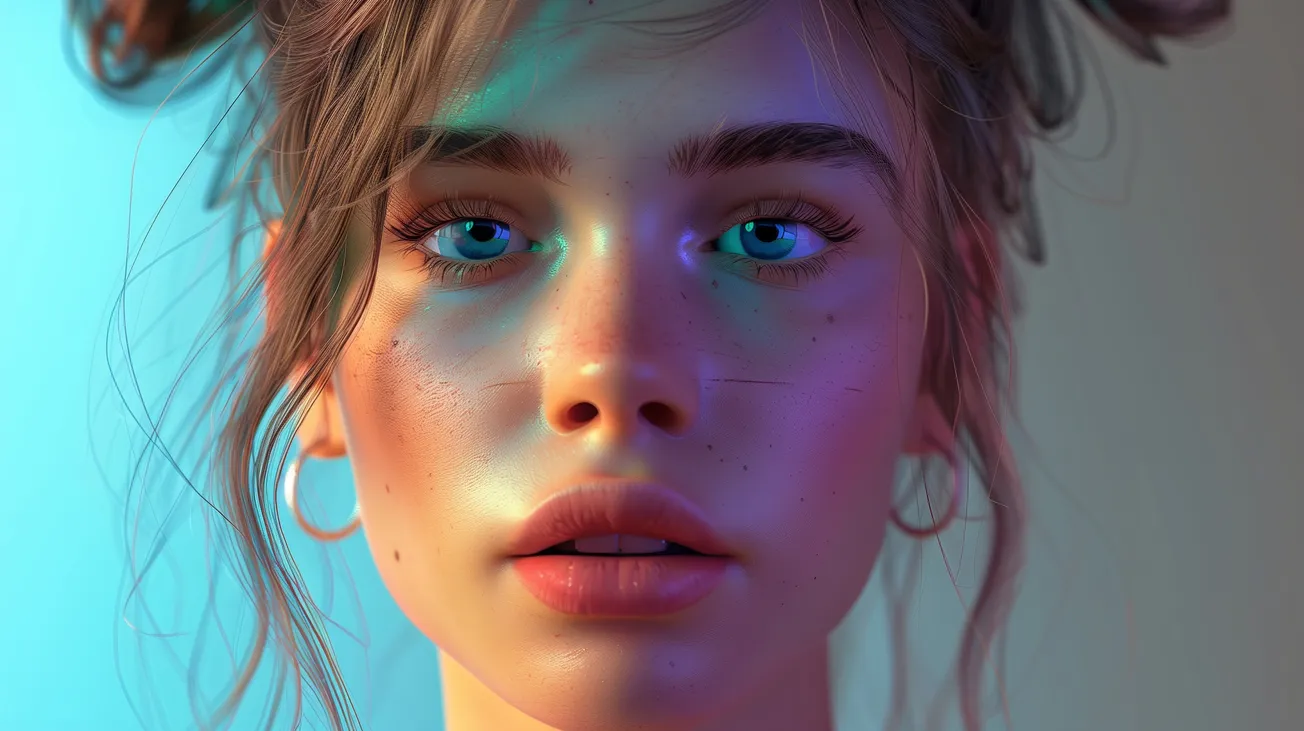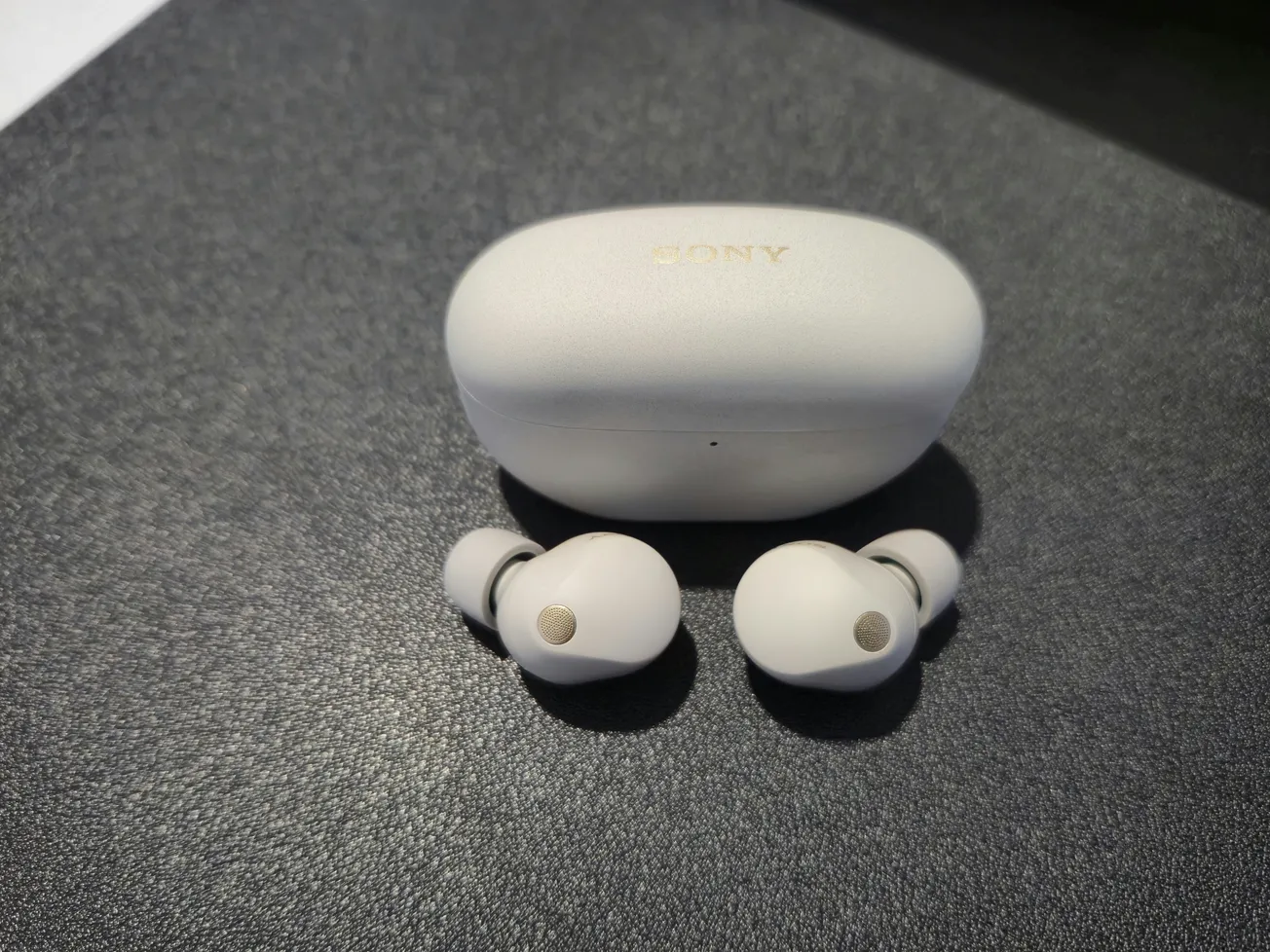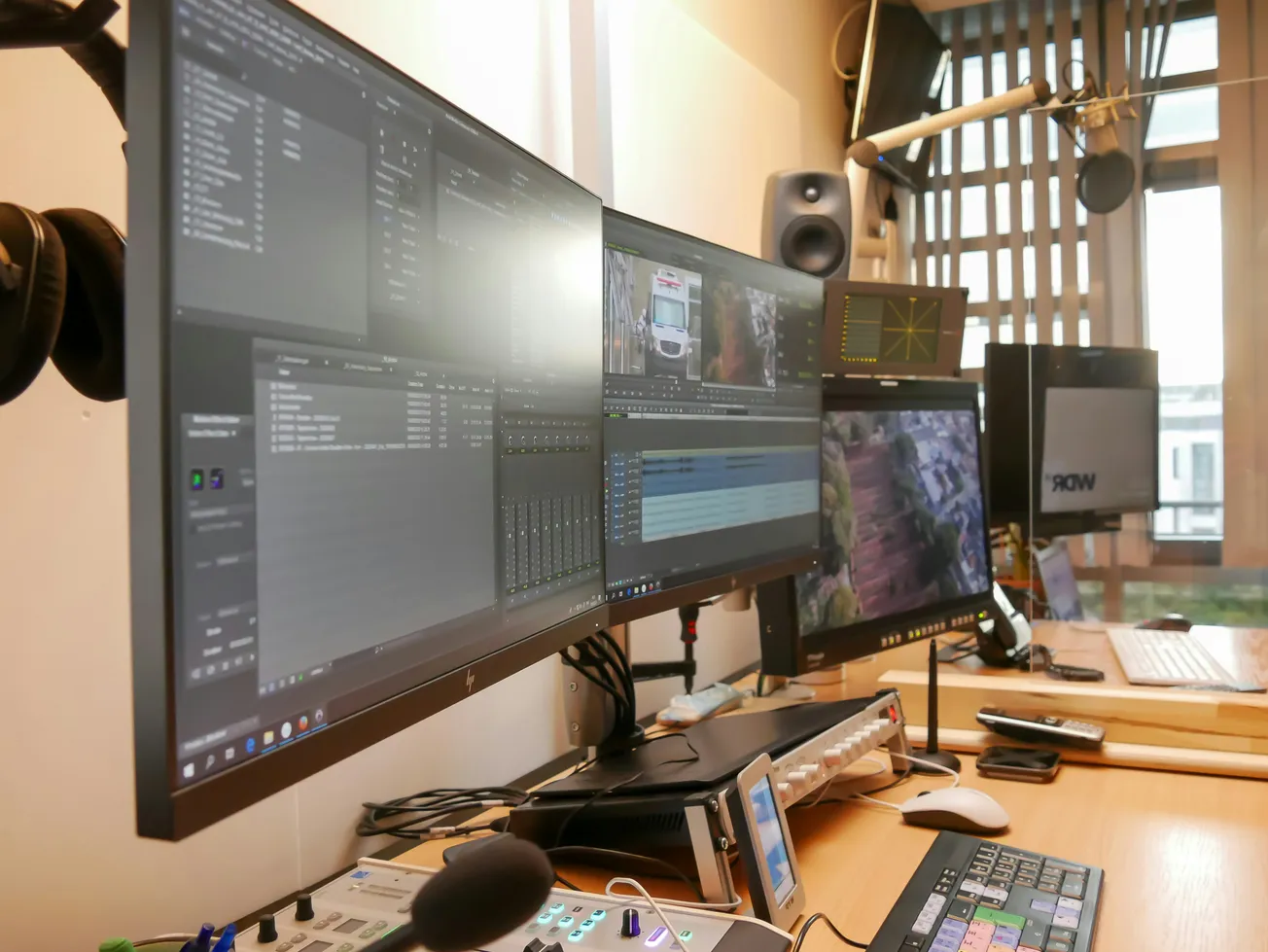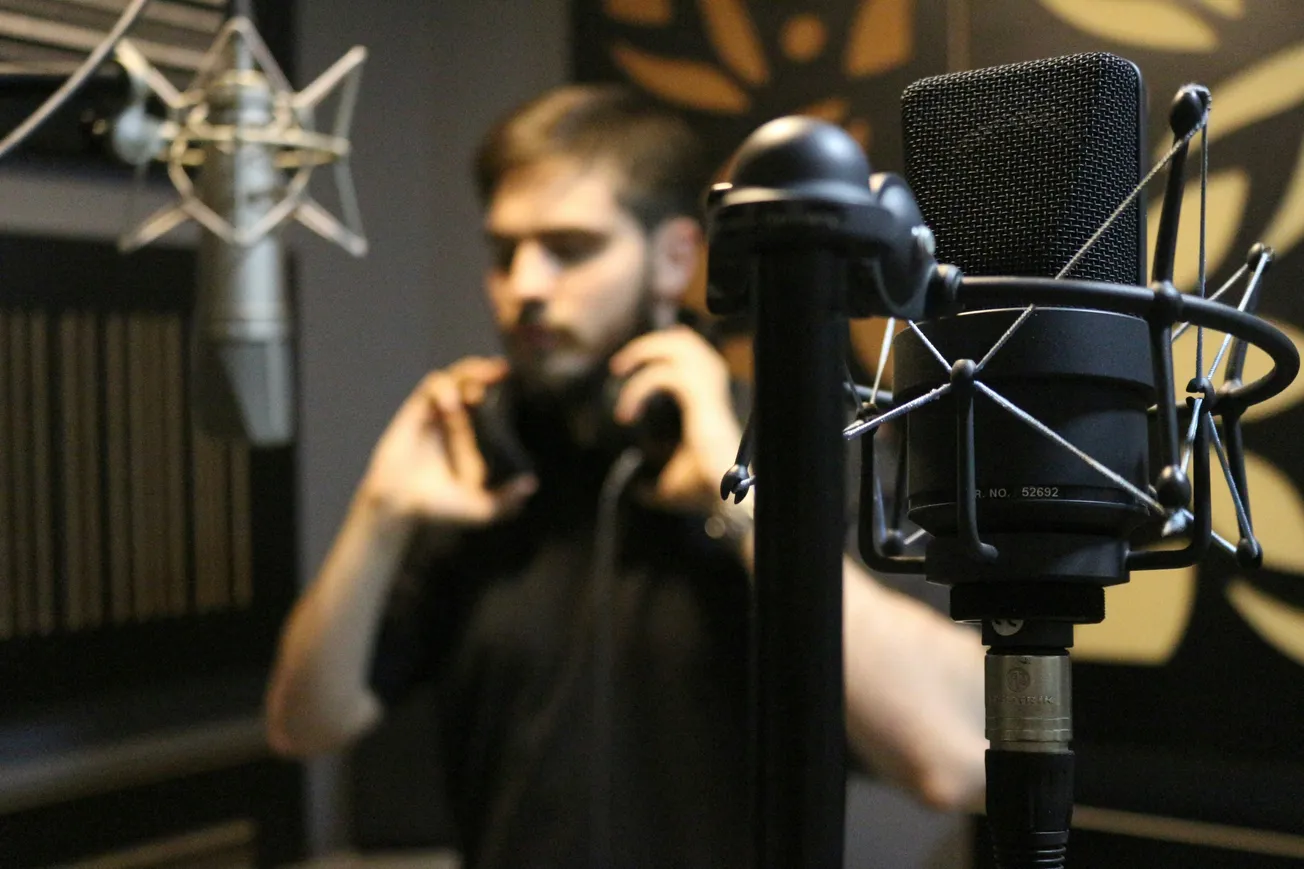AI influencers are reshaping digital marketing, with characters like Lil Miquela earning vast social followings and securing brand partnerships from tech to fashion. Unlike typical influencers, these AI-built personas create a dissonant “feedback loop.” Instead of communicating with a real person, audiences engage with a product embodying a person-like presence.
What Makes AI Influencers Compelling for Brands
Unmatched Control & Consistency
- Brands can fine-tune every aspect from tone to image without unpredictable real-world behavior. These avatars never age, fade or go off-script.
Strong Engagement, Lower Risk
- In 2025, AI influencers like Lil Miquela, Shudu and Noonoo Uri are smashing brand campaigns, delivering engagement rates up to 3%, often outperforming humans.
Proven Brand Value
- Virtual influencers appear in high-profile campaigns with brands like Prada, Chanel, Calvin Klein and Samsung. Lil Miquela alone pulls in around $2 million annually since her debut in 2016.
The Authenticity Challenge
Human Touch Still Wins Hearts
- Research shows that while AI influencers are entertaining and innovative, they lack the emotional resonance and trust inherent to human creators – a factor that continues to give humans a clear advantage.
Ethical and Transparency Roadblocks
- The blurred line between synthetic personalities and reality raises questions about transparency and misleading marketing, amplifying concerns about authenticity and representation.
AI influencers offer brands an exciting playbook: scalability, precision control and viral potential packaged in pixel-perfect personas. But the audience’s desire for genuine connection remains a powerful counterbalance. The future of influencer marketing likely lies in a hybrid model with real humans and virtual presences working in tandem to capture both heart and imagination.






